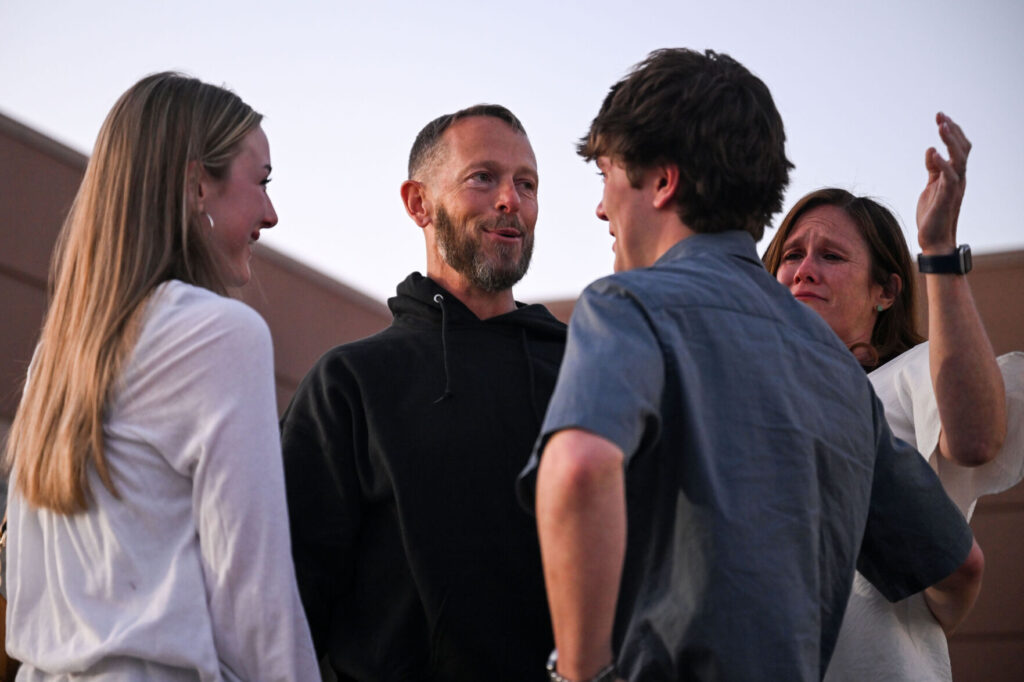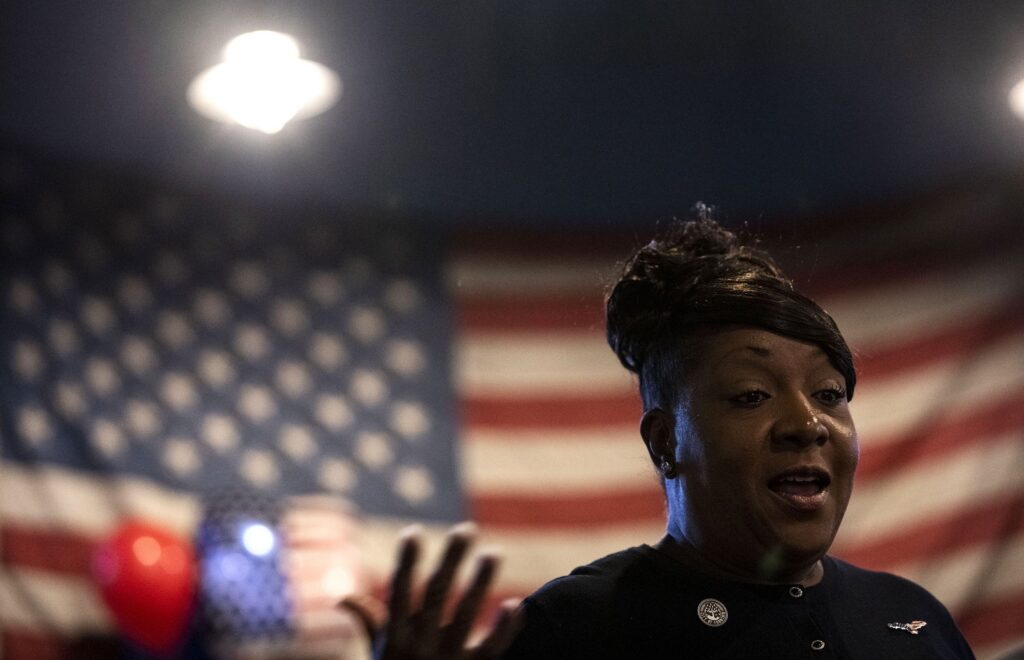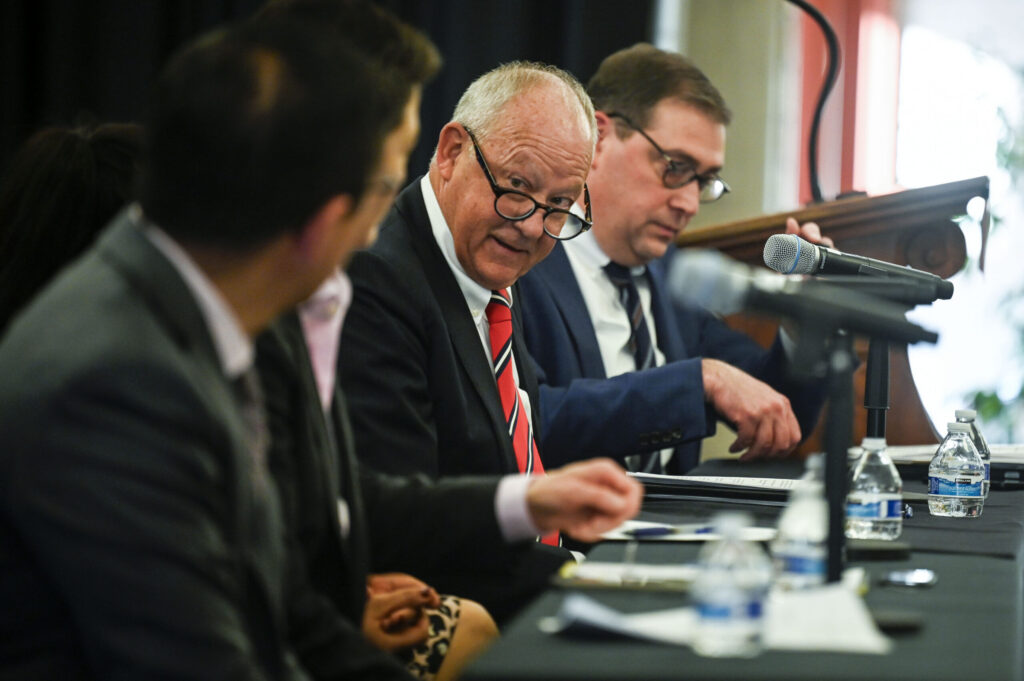Appeals court says trial judges may retroactively justify excluding public from courtrooms
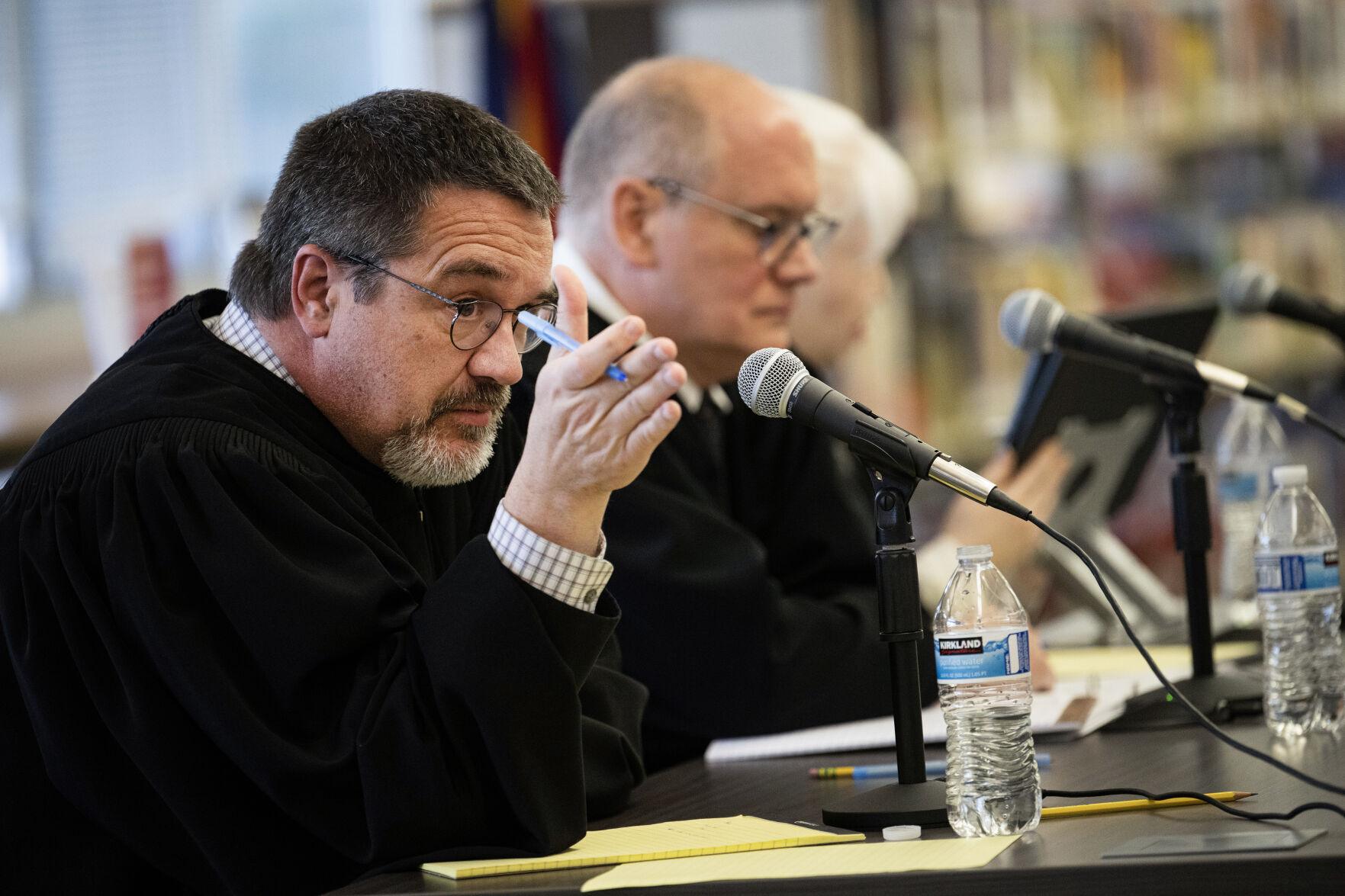
In a move that potentially tees up the question for the state Supreme Court to resolve, Colorado’s second-highest court on Thursday ruled that judges who exclude members of the public from trial on questionable grounds may have the opportunity to justify their actions on appeal.
The Sixth Amendment guarantees criminal defendants the right to a public trial. Under the U.S. Supreme Court’s 1984 ruling in Waller v. Georgia, trial judges must consider specific factors when deciding whether to close a courtroom to one or more people and, according to the court’s directive, “make findings adequate to support the closure.”
A violation of the right to a public trial triggers automatic reversal of a defendant’s convictions. However, a three-member panel for the Court of Appeals took aim at a question that had never been directly answered in Colorado: If a judge does not make adequate findings during trial, can he get a second chance to do so and head off a potential reversal?
“We conclude that, where the trial court’s findings are incomplete, but it appears that a remand would not be futile, an appellate court is not precluded from remanding to the trial court for more findings,” wrote Judge Ted C. Tow III for the panel.
Case: People v. Roper
Decided: January 25, 2024
Jurisdiction: Boulder County
Ruling: 3-0
Judges: Ted C. Tow III (author)
Jaclyn Casey Brown
Karl L. Schock
Background: Gilpin County judge who kicked out defendant’s family committed public trial violation, court finds
The Jan. 25 order did not resolve the claims of defendant Zachary Orion Roper, but rather sent the case back to the trial judge for further explanation. A Boulder County jury convicted Roper in October 2020 of sexually assaulting an intoxicated college student.
Roper’s trial occurred amid significant COVID-19 restrictions. Jury selection took place across multiple courtrooms, jurors were spread out in the gallery and participants wore face masks. However, it was the decision to keep Roper’s friends and family out of the courtroom – requiring them to watch over a livestream – that Roper alleged to be a violation of his Sixth Amendment rights.
District Court Judge Thomas F. Mulvahill misunderstood, argued public defender Dayna Vise, that the public trial guarantee does not just protect the public’s right to view proceedings. It also ensures the trial participants treat an accused defendant fairly.
“The presence of his family and supporters was never observed or felt by the jurors, the witnesses, or the judge, as is constitutionally required,” wrote Vise to the Court of Appeals. “In fact, the jurors and witnesses were never made aware at all that Roper’s friends and family, specifically, were near the courtroom and observing the trial, despite counsel’s repeated requests the court take steps to make the jurors aware.”
The Colorado Attorney General’s Office disputed that the exclusion of the public from the physical courtroom amounted to a courtroom closure, much less a constitutional violation, given that Mulvahill told those present they were on a livestream.
The Sixth Amendment does not guarantee defendants “a silent cheering section,” wrote Assistant Attorney General Jessica E. Ross.
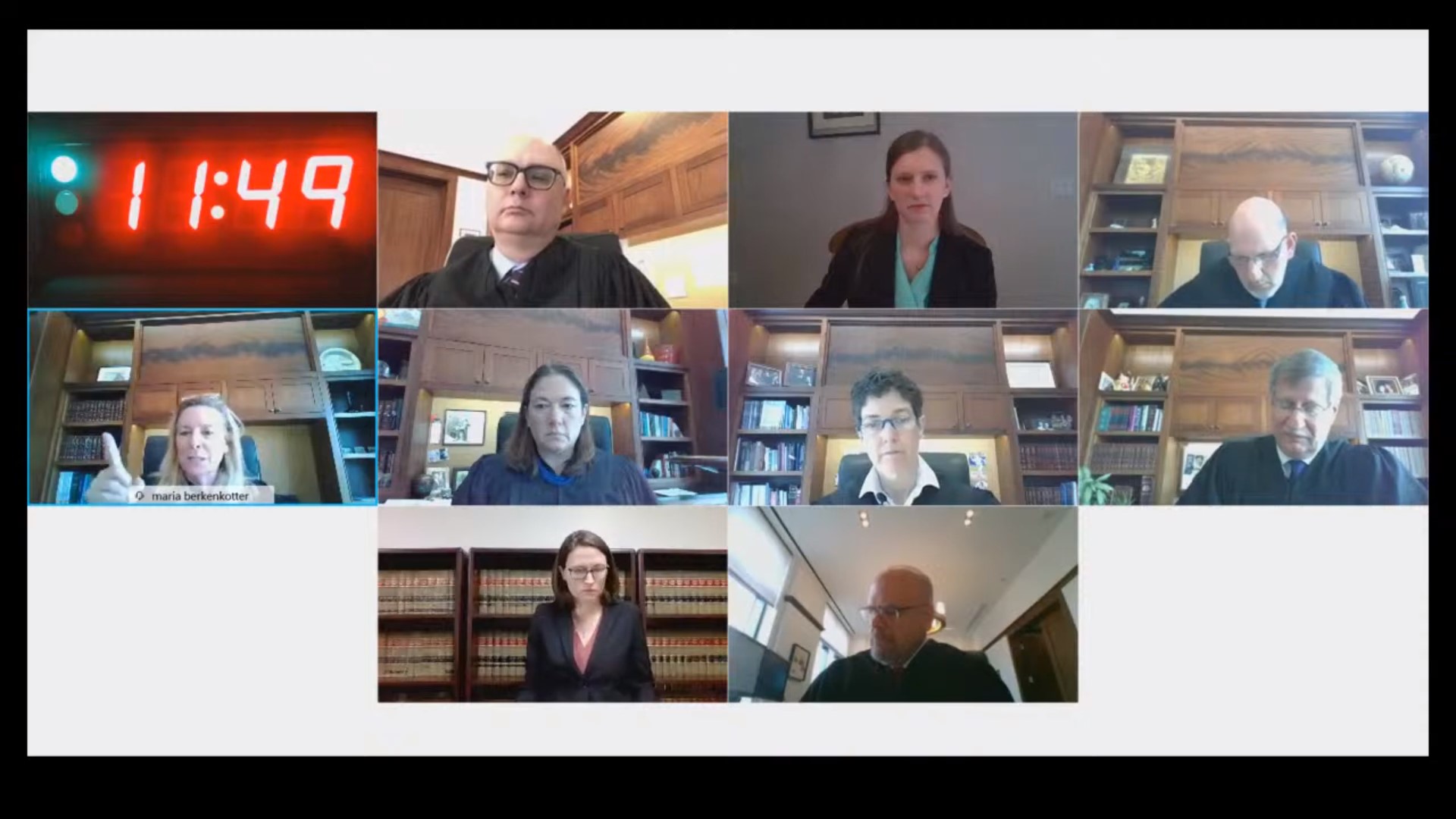
The Court of Appeals panel disagreed with the government at the outset, finding the exclusion of the public from the physical courtroom amounted to a closure and, potentially, a constitutional violation. Pursuant to the Supreme Court’s Waller decision, the closure needed to address an “overriding interest,” be as minimal as possible and be considered alongside other alternatives.
Tow, writing for the panel, agreed there was an important interest at play in closing Mulvahill’s courtroom: preventing the spread of COVID-19. But for the other criteria, it was unclear whether the total exclusion of spectators was warranted or if an alternative arrangement was possible, like using a different courtroom.
“As a result, the court did not make adequate findings that the closure was no broader than necessary and that there were no reasonable alternatives,” Tow wrote.
He elaborated that there was an unusual twist to the issue: The U.S. Supreme Court specifically requires judges to make findings related to the closure, and Colorado’s Supreme Court tended to treat that requirement as part of the overall constitutional violation. But, Tow continued, there was some evidence to suggest a judge’s failure to justify a courtroom closure is not a fatal flaw after all.
“Moreover, other necessary supplemental findings – such as the size, shape, configuration (e.g., the number of rows and number of seats per row in the gallery), and availability of the courtrooms at the time of Roper’s trial – involve objective, easily verifiable information that is largely not subject to shifting recollections or interpretation,” Tow wrote.
Tow noted the Colorado Supreme Court had the opportunity in 2020 to address whether it was appropriate to return a case to a trial judge under the circumstances, but it dodged the question. Instead, Tow cited the Minnesota Supreme Court, which ruled in 2023 that a judge operating under similar COVID-19 protocols had the opportunity to justify their courtroom closure after the fact.
It was not the first time Minnesota’s highest court permitted a remand for additional explanation. In 1995, it returned a criminal case to the trial court with instructions to take further evidence in addition to making findings.
One justice dissented, arguing the trial took place three years prior – the same gap between Roper’s Colorado trial and the appellate panel’s order – and holding a hearing “at this late date to justify the closure is in my opinion inappropriate.”
The case is People v. Roper.






